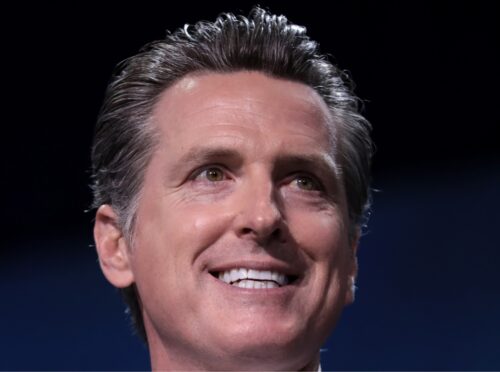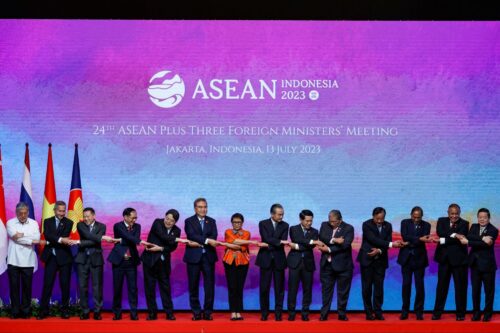Australia’s foreign influence pushback gets personal as Chinese lobbyist denied re-entry

Pictured: Huang Xiangmo with former Australian Prime Minister Malcolm Turnbull
For the past two years, Australia has been engaged in an intense debate on Beijing’s influence in the country. Last year, largely in reaction to revelations about Chinese Communist Party-connected donors and influence operations, the country passed multiple measures aimed at restricting foreign influence in Australian politics.
Now that pushback has led to the punishment of one particular individual, Huáng Xiàngmò 黄向墨, who is “Beijing’s former top lobbyist in Australia,” the Sydney Morning Herald reports.
His Australian permanent residency was cancelled, and reports are Huang is currently stranded overseas. The Sydney Morning Herald continues:
Senior government sources have confirmed that the Home Affairs Department denied Mr Huang a passport for a range of reasons, including character grounds. They were also concerned about the reliability of his answers in interviews and correspondence with authorities including ASIO.
The decision is the first enforcement action to be made by Canberra against a suspected Chinese Communist Party influence agent after the Coalition launched a counter-interference campaign against Beijing in 2018.
“Huang is fighting to return to his $13 million Sydney mansion after being notified by Australian officials while out of the country that his long-stalled application to become an Australian citizen has been turned down,” the paper adds.
The development is “a first sign that Canberra was willing to make full use of new legislation targeting malign foreign influence,” Richard McGregor, a senior fellow at the Lowy Institute, told the Financial Times.
Others took issue with the reported “character grounds” of the passport rejection — Sydney-based historian David Brophy commented, “We could’ve just set limits on political donations, and removed any threat of undue influence from people like Huang. But instead, we’re going to pick off members of a particular ethnic community on vague and stigmatizing ‘character’ grounds, thereby intimidating the rest.”
We could've just set limits on political donations, and removed any threat of undue influence from people like Huang. But instead, we're going to pick off members of a particular ethnic community on vague and stigmatising "character" grounds, thereby intimidating the rest.
— David Brophy (@Dave_Brophy) February 6, 2019






